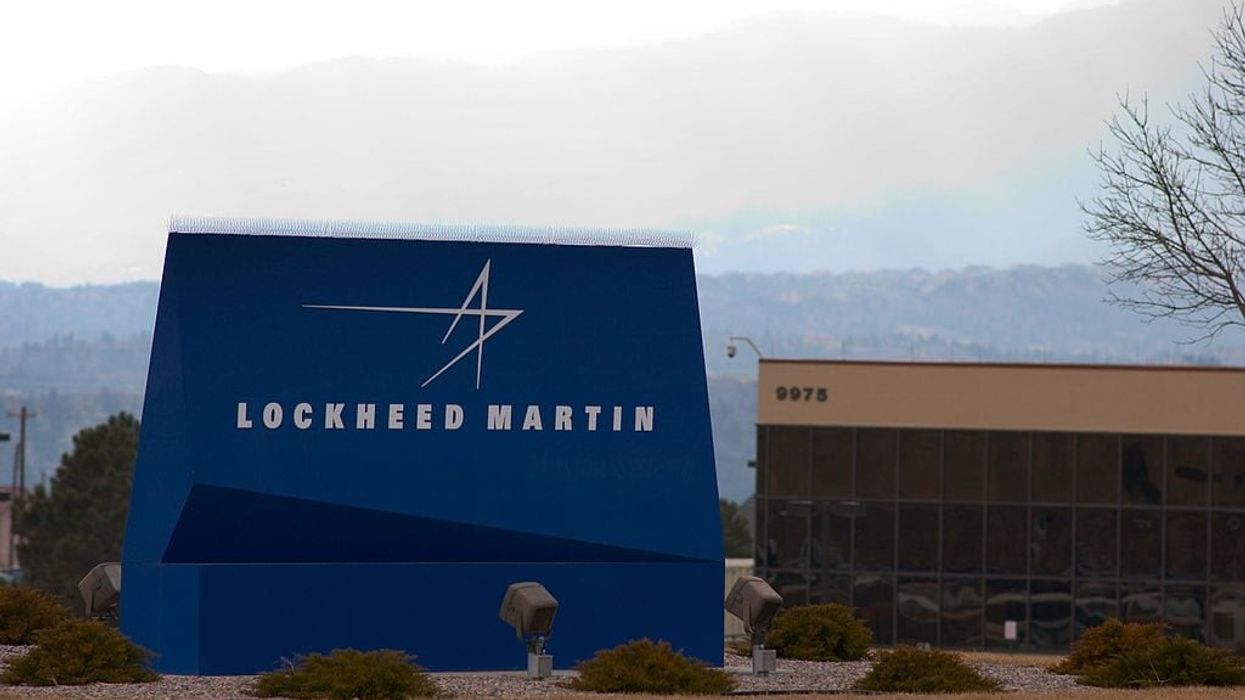Norway's Loke Marine Minerals has acquired deep-sea mining firm UK Seabed Resources (UKSR) from US weapons manufacturer Lockheed Martin, the companies said as international rules governing seabed mining are hammered out.
Norway, whose vast oil and gas reserves made it one of the world's wealthiest countries, has taken a leading role in the global race to mine the ocean floor for metals that are in high demand as countries transition away from fossil fuels.
Loke, which declined to disclose the value of the deal, aims to start mining by 2030 and plans to invest around $100 million in surveys, environmental mapping, and technology development, CEO Walter Sognnes said.
"Where we are now is making that transition from being really quite fundamental exploration towards a credible path to exploitation," UKSR Managing Director Christopher Williams said.
UKSR holds two seabed exploration licences in the Pacific Ocean's Clarion-Clipperton Zone (CCZ), a 4.5 million square kilometre (1.7 million square mile) swathe of sea floor lined with potato-sized rocks rich in cobalt, copper, nickel, and manganese.
UKSR also has a 19.9 per cent stake in Ocean Mineral Singapore, a subsidiary of Singapore's Keppel Corporation which also holds a license in the CCZ.
Lockheed Martin did not give a reason for the sale beyond saying that "following a detailed analysis of the business it was clear that there was a better owner for our UK Seabed Resources business."
Plans to extract minerals from the ocean floor have been criticized by environmentalists who say mining could have devastating impacts on marine life.
Seabed mining in international waters cannot start until the International Seabed Authority (ISA), a Jamaica-based U.N. body, decides on regulations. ISA member states are currently meeting in Kingston for talks with a view to finalising the rules by July.
Norway is also considering opening parts of its extended continental shelf in the North Atlantic for mineral exploration.
Loke said Norway's Kongsberg Gruppen, which provides technologies for offshore oil and gas and other industries, has taken a stake in it, joining TechnipFMC and Wilhelmsen.





